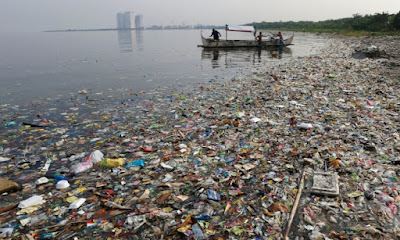Shining the Spotlight on Rio’s Waste Heroes
Another Olympics may be
over, but the headlines aren’t completely done with yet. So many people from
around the world descended on Rio for just two weeks, and naturally municipal planners expected a
large influx of recyclable materials to be collected and sorted through.
Image source: Luiz
Galerani/The Guardian
This is where the recycling
heroes of Rio 2016 took centre stage, as revealed by an interesting article
from The Guardian.
Rio, and Brazil in general,
have yet to fully unify their waste management programmes, and this is why
co-operatives set up by the waste pickers themselves has proven to be a
fantastic strategy; not only helping Rio to reduce their carbon footprint, but
also allowing workers to pick up a better wage as a mass collection of
recyclable materials yields better prices per weight.
The partnership involved Rio
2016 and Coca-Cola, as well as the local Rio state government and the federal
government of Brazil, who have together invested R$3m (£720,000) into the
initiative to help get it off the ground.
Haroldo Mendonça, the
solidarity economy coordinator from the labour ministry, said he wanted to use
the accomplishments of this enterprise to show “an example to other countries
to show how to combine environmental care with economic empowerment.”
Such is the success of this
movement that these co-operatives managed to fend off tenders from private
firms to secure the contract for the Rio 2016 Olympics, and the model is set to
be repeated across many of Rio’s celebrated events, such as the Carnival and
events held at the famous Copacabana beach.
EMERGE Recycling employs
some of Manchester’s ‘local heroes’: social enterprise workers who engage the
wider community collecting waste for reuse and recycling across the city-region.
Accordingly, we send our best wishes and congratulations to all the Olympians
for the closing ceremony taking place here in Manchester later today. EMERGE is
certainly doing our bit locally to support resource-efficiency and the circular
economy.


Comments
Post a Comment